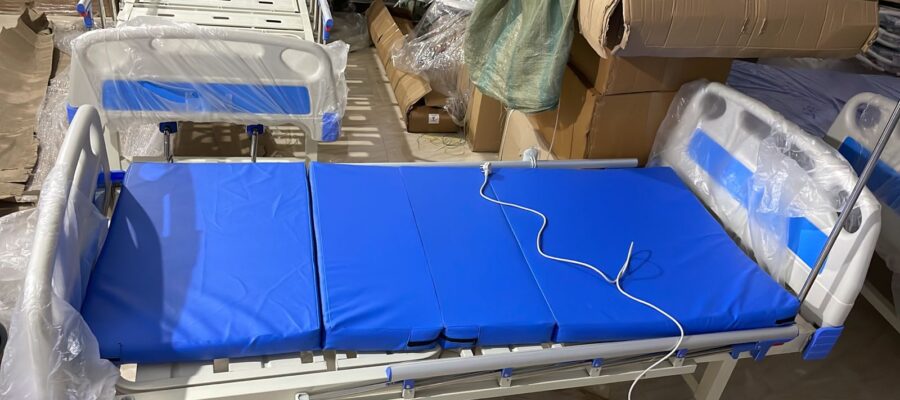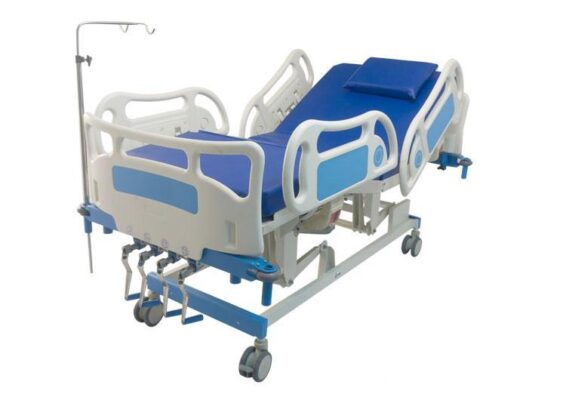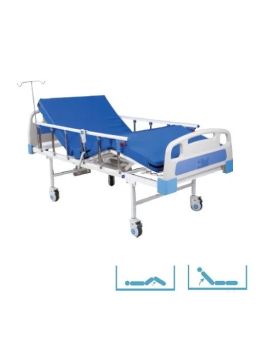The development and training of a proficient and Emergency Care Solution administrative framework is a very challenging task for home care organizations. A versatile direct programming model is created by consolidating the dynamic entry and route of patients, alongside the choice of new patients and nursing staff.
Thank you for reading this post, don't forget to subscribe!The ideal model mutually addresses: (i) patient selection; (ii) nurse hiring; (iii) nurse to patient assignment; and (iv) scheduling and routing choices. This is an everyday arrangements task for Emergency Care Solution.
The proposed model expands the Emergency Care Solution issue from regular planning and steering issues to request and limit the board viewpoints. It empowers the home care organization to analyse the day-to-day booking and directing issues, considering existing patients and nursing staff in the mix, as well as the concurrent determination of new patients, and upgrading the current courses by including new patients and caretakers. The model considers arranging issues based on similarity, time limitations, contract lengths, inert time and outstanding task at hand. Booking and course arranging is a significant part of an Emergency Care Solution administration framework, for overseeing the daily activities. Here, care providers are assigned to patients under the criteria identified, based on accessibility and similarity.
There is a clear distinction between case manager nurses (who commonly hold a bachelor’s qualification in nursing) and nurse technicians (who normally hold a junior college degree in nursing). A nurse technician is usually assigned for short-term customers and long haul customers, who require prompt nursing care.
For example, a customer requiring immediate and explicit nursing care, wound dressing, or a locally established antibiotic treatment post surgery or post-hospitalization, will commonly be assigned to a nurse technician. Whereas a customer requiring the association of a progressively unpredictable administration plan, for example, sorting out the exercises of day-to-day living, organizing visits with specialists and experts such as a physiotherapist, dietician, etc. will be assigned to a case manager nurse. Such customers commonly include delicate older patients with loss of self-governance, palliative patients, patients with cancer, patients experiencing degenerative infections or chronic sickness and patients with psychological well-being issues.
A lot of care and vigilance is needed when assigning care providers to patients. Care at Home ensures the best possible assignment of a home care provider to enable a right fit for the patient that will help in the recovery and care process.



